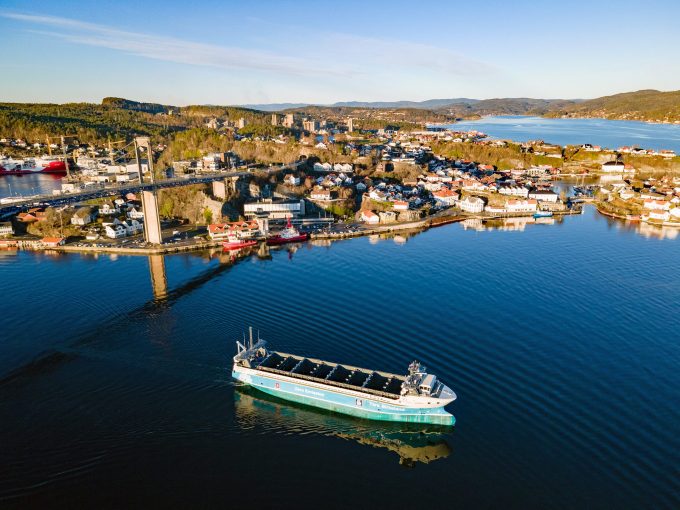Zim faces FMC probe into $137,000 detention fees after container 'error'
Israeli carrier Zim faces being hauled up in front of the Federal Maritime Commission (FMC) ...

Support for the latest in a raft of declarations on shipping at Glasgow climate summit COP26 has come from maritime consultancy UMAS, which has backed the ...
Keep our news independent, by supporting The Loadstar
Four crew members still missing as Wan Hai 503 continues to burn
Explosions and 'out-of-control' fire reported on Wan Hai box ship
Carrier price hikes hold, driving spot rates higher as space gets scarcer
Predatory rivals circle as the ripples from DSV's Schenker buy widen
MSC Elsa crew face criminal probe, as Wan Hai 503 firefighters battle on
'It's driving us mad', say forwarders as US court fails to end tariff turmoil
Transpacific rates ease as capacity boost proves too much for trades to digest

Comment on this article